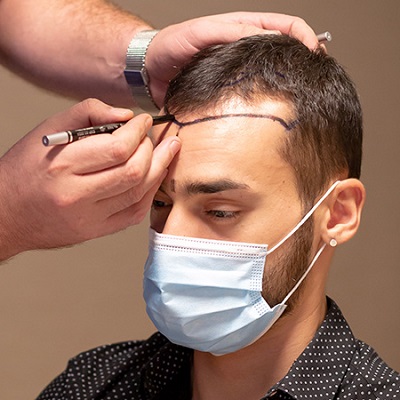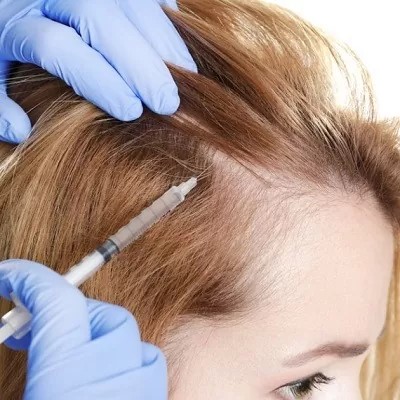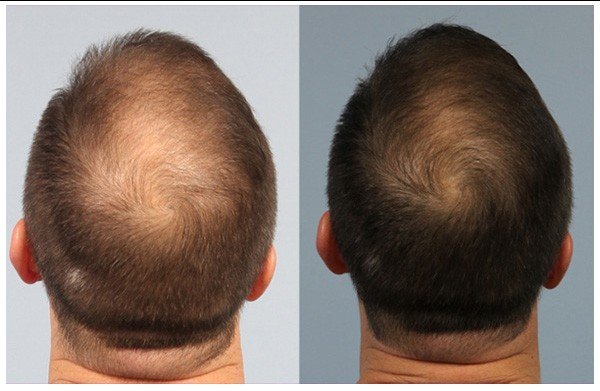 On-Page SEO Optimization – Fix Hidden Errors Killing Rankings!
On-Page SEO Optimization – Fix Hidden Errors Killing Rankings!
Post-Procedure Care: Ensuring Optimal Results from Your Hair Transplant Surgery
Written by Enfield Clinic Oman » Updated on: June 17th, 2025

Introduction
Hair transplant surgery is a transformative procedure that offers a long-term solution for hair loss, helping individuals restore their confidence and achieve a fuller, natural-looking head of hair. However, the success of a hair transplant doesn't solely depend on the surgical technique used but also significantly on the post-procedure care. Proper aftercare is crucial to ensure optimal results, minimize complications, and achieve the best possible outcome from your Hair Transplant Surgery Muscat. This article will guide you through essential post-procedure care tips, helping you navigate the crucial recovery period effectively.
Immediate Post-Procedure Care
1. Follow Surgeon’s Instructions
Immediately after the procedure, it’s vital to adhere to the specific instructions provided by your surgeon. These guidelines will be tailored to your individual needs and the details of your surgery. Common instructions include:
Avoiding touching or scratching the transplanted area.
Keeping your head elevated to reduce swelling.
Using prescribed medications, such as pain relievers and antibiotics.
2. Manage Swelling and Discomfort
Swelling is a common side effect following hair transplant surgery. To manage it:
Sleep with your head elevated using pillows to reduce swelling.
Apply ice packs gently to the forehead, avoiding direct contact with the transplanted area.
3. Avoid Physical Activities
For the first few days post-surgery, refrain from engaging in strenuous activities or exercise. Physical exertion can increase blood flow to the scalp, potentially leading to complications or affecting the grafts' adherence.
Hair and Scalp Care
1. Gentle Washing
Follow the surgeon’s advice on when and how to wash your hair. Generally, you will be advised to:
Use a mild, non-irritating shampoo.
Gently pat your scalp dry with a soft towel, avoiding rubbing or scrubbing.
2. Avoid Direct Water Pressure
Avoid washing your hair under direct water pressure for the first few weeks. Instead, use a cup or a gentle stream of water to rinse your scalp. This helps prevent dislodging the grafts.
3. Moisturize Your Scalp
Your surgeon may recommend using a moisturizing lotion or ointment to keep the scalp hydrated and promote healing. Make sure to follow the recommended products and application methods.
Medication and Treatments
1. Adhere to Prescribed Medications
Taking prescribed medications is crucial for a smooth recovery. These may include:
Antibiotics to prevent infection.
Anti-inflammatory drugs to manage swelling and discomfort.
Pain relievers to alleviate any post-procedure pain.
2. Avoid Unapproved Treatments
Refrain from using any over-the-counter or alternative treatments that haven't been approved by your surgeon. These could interfere with the healing process or affect the results of your hair transplant.
Lifestyle Adjustments
1. Protect Your Scalp from Sun Exposure
Your scalp will be sensitive after surgery. Protect it from direct sunlight by wearing a loose-fitting hat or using a high-SPF sunscreen as advised by your surgeon. This helps prevent sunburn and irritation.
2. Avoid Smoking and Alcohol
Smoking and alcohol can impede the healing process and negatively affect blood circulation, which is crucial for the health of the transplanted follicles. It’s advisable to avoid these substances during your recovery period.
3. Maintain a Healthy Diet
A balanced diet rich in vitamins and minerals supports the healing process. Focus on foods high in protein, vitamins A, C, and E, and omega-3 fatty acids to aid in tissue repair and hair growth.
Monitoring and Follow-Up
1. Attend Follow-Up Appointments
Regular follow-up appointments with your surgeon are essential for monitoring your recovery and assessing the results of the transplant. These visits allow your surgeon to address any concerns, provide guidance, and make necessary adjustments to your care plan.
2. Report Any Issues
Promptly report any unusual symptoms, such as excessive bleeding, signs of infection, or severe pain, to your surgeon. Early intervention can prevent complications and ensure a smoother recovery.
Conclusion
The success of your hair transplant surgery hinges not only on the expertise of the surgeon but also on your commitment to post-procedure care. By following the outlined guidelines and adhering to your surgeon's specific instructions, you can significantly enhance the results of your surgery and enjoy a natural-looking, fuller head of hair. Remember, patience and diligence during the recovery period will contribute to achieving the best possible outcome from your hair transplant surgery.
Note: IndiBlogHub features both user-submitted and editorial content. We do not verify third-party contributions. Read our Disclaimer and Privacy Policyfor details.
Copyright © 2019-2025 IndiBlogHub.com. All rights reserved. Hosted on DigitalOcean for fast, reliable performance.













